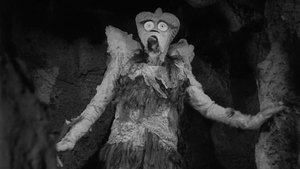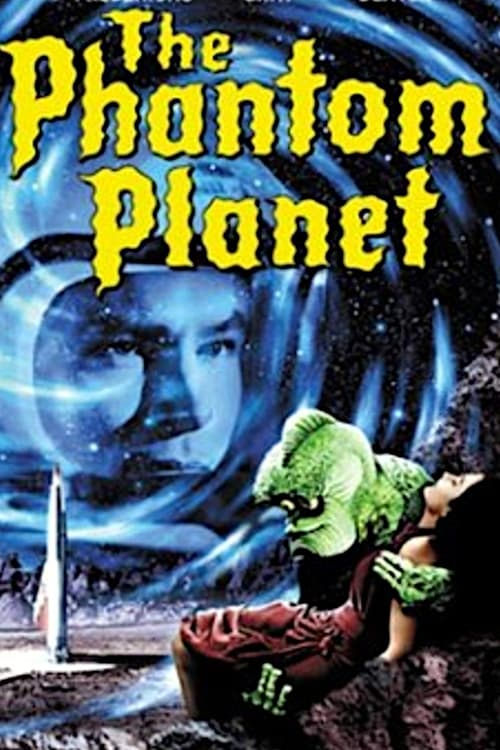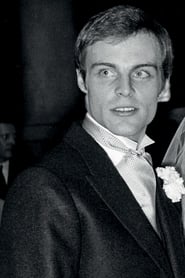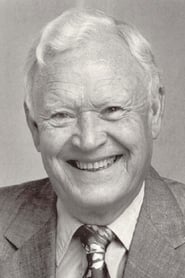Cast
View AllDean Fredericks
as Captain Frank Chapman
Coleen Gray
as Liara
Anthony Dexter
as Herron
Dolores Faith
as Zetha
Francis X. Bushman
as Sessom
Richard Weber
as Lt. Ray Makonnen
Al Jarvis
as Judge Eden
Dick Haynes
as Col. Lansfield
Earl McDaniel
as Capt. Leonard
Mike Marshall
as Lt. White
John Herrin
as Captain Beecher
Mel Curtis
as Lt. Cutler
Jimmy Weldon
as Lt. Webb
Akemi Tani
as Communications Officer
Lori Lyons
as Radar Officer
Crew
Director
- William Marshall
Producer
- Fred Gebhardt
- Hugo Grimaldi
Reviews
talisencrw
There seemed to be a lot of dodgy thinking going on, considering this was space exploration. For instance, spaceships going along a certain route keep on mysteriously disappearing, and the man in charge simply decides to send one more ship at a time, along the same route. What's going to happen when he runs out of men? And there are many other instances that defy all attempts at logic. This is one of those films that would have given Spock a sleepless night, let me tell you.
As I'm finishing up my now-legendary Mill Creek 50-pack, 'Nightmare Worlds', I watched this, and it was fun, fine and downright decent. I had a good time, and it was very enjoyable with some interesting ideas (and Richard Kiel in a rubber monster suit), once I put my brain into suspended animation. As of yet, I haven't bothered with MST3K or its related ilk, as I fail to see the point--the idea seems stupid and condescending. It seems like if the neighbourhood prostitute regularly charged say, $5, and for $50, you would have the experience, but with two losers there, laughing at her and explaining to you why she was a whore. At least to my estimation, cinema shouldn't be experienced like that. Every film is like a woman, appreciates its own love and understanding, and furthermore, deserves to be treated like a lady.
Apr 17, 2016
Thematic Analysis
As a science fiction narrative, The Phantom Planet explores potential technological and societal futures, raising important questions about humanity's place in the universe and our evolutionary trajectory. The film stands apart from other sci-fi works by presenting a vision that is both thought-provoking and visually distinctive.
Director William Marshall brings their distinctive visual style to this film, continuing their exploration of themes seen in their previous works while adding new elements. Their approach to pacing and visual storytelling creates a viewing experience that rewards close attention.
Released in 1961, the film exists within a cultural context that now offers viewers historical perspective on the social issues of that era. Its reception demonstrates the diverse reactions to its artistic choices and its place in cinema history.
Did You Know?
- The production of The Phantom Planet took approximately 34 months from pre-production to final cut.
- The final cut of the film runs for 82 minutes, though the director's initial assembly was reportedly 109 minutes long.
- The musical score contains over 47 unique compositions.
- The director insisted on using practical effects whenever possible, reserving CGI for only the most necessary scenes.
- Some visual effects sequences took up to 8 months to complete.
Historical Context
- In 1961, when this film was released:
- The space race between the USSR and USA was at its height.
- The Vietnam War was becoming increasingly controversial.
- The film industry was dominated by major studios, with independent cinema still in its early development.
How This Film Stands Out
While The Phantom Planet shares thematic elements with other films in its genre, it distinguishes itself through its unique approach to storytelling, visual style, and character development.
Unlike The Fifth Element, which takes a more conventional approach to its subject matter, The Phantom Planet subverts genre expectations by exploring its themes with greater nuance.
While films like Nowhere and Starship Troopers explore similar territory, The Phantom Planet stands apart through its distinctive directorial vision and pacing.
This film's unique contribution to cinema lies in its bold artistic choices and willingness to challenge viewer expectations, making it a valuable addition to its genre.
Details
- Release Date: December 13, 1961
- Runtime: 1h 22m
Where to Watch


















